COLOMBO, Sri Lanka — Protesters in Sri Lanka, where a devastating economic crisis has upended people’s daily lives, were angry but not sorry to learn the man they blame for their troubles, President Gotabaya Rajapaksa, had fled the country on Wednesday.
“In a way, it’s good that he left,” said Tharindu Jayawardana, 29, who like thousands of others has been protesting in Colombo, the capital, for more than three months. “If he had stayed behind, he wouldn’t have been able to survive. He was selfish to save his own hide.”
But many also expressed opposition to Prime Minister Ranil Wickremesinghe, who is taking Rajapaksa’s place at least temporarily, and stormed his office in protest.
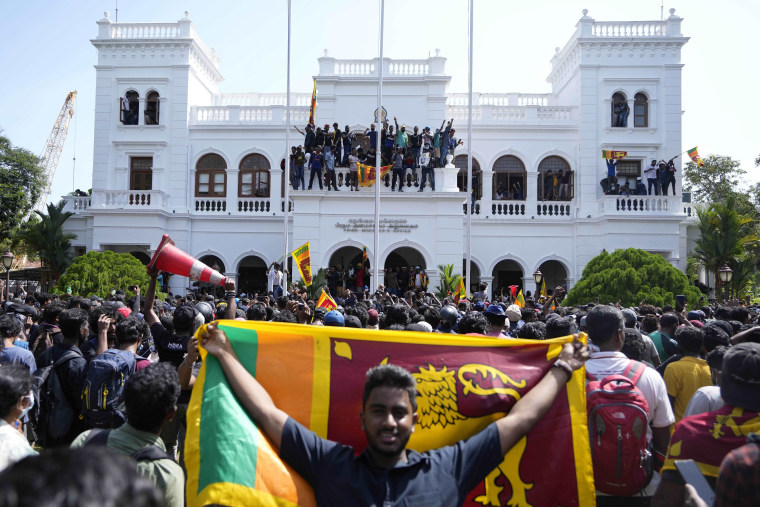
For six months now, Sri Lanka’s economic crisis — its worst since gaining independence from Britain in 1948 — has worsened with each passing day. Financial mismanagement, large amounts of foreign debt and economic shocks have left the South Asian island nation of 22 million people without enough money to pay for imports of food, fuel, medicine and other essential goods. Last month, the United Nations said it risked becoming a full-blown humanitarian crisis.
Protests that had been gaining strength for months reached a dramatic climax last weekend, when demonstrators stormed the presidential palace and several other key government buildings, prompting both Rajapaksa and Wickremesinghe to offer their resignations.
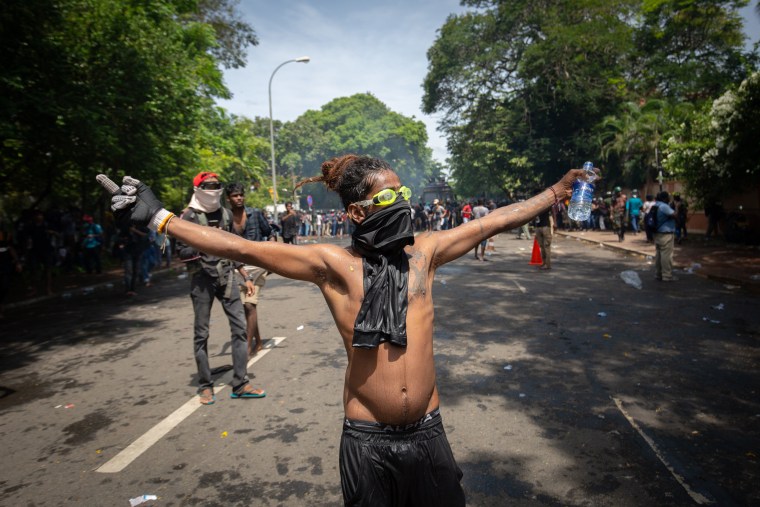
In the early hours of Wednesday, Colombo’s main protest site — known as “Gota Go Village” — was almost jubilant. Massive crowds gathered at the seaside tent camp as they awaited Rajapaksa’s resignation, which they had been told would come that day. Some protesters said they would not leave until both the president and prime minister had stepped down.
Then the air force issued a statement saying that Rajapaksa, his wife and two bodyguards had left on a military aircraft for the Maldives. No official resignation had been tendered, raising the question: Who was in charge?
Amid the confusion, Wickremesinghe was appointed acting president by Mahinda Yapa Abeywardena, the speaker of Sri Lanka’s Parliament, who said he was acting on instructions from Rajapaksa. Abeywardena told local news media that he expected to receive Rajapaksa’s resignation letter late Wednesday, after he reached his final destination.
Earlier in the day, before his appointment as acting president, Wickremesinghe declared a curfew and state of emergency in the Western province, which includes Colombo. The legality of the move was questioned by critics who argued that the prime minister did not have the authority, and angry protesters soon swarmed his office in the capital.
Despite heavy resistance from police and armed forces, who fired multiple rounds of tear gas, protesters eventually took over the colonial-era office, making it the fourth government establishment to come under occupation since Saturday. Wickremesinghe’s whereabouts are not publicly known.

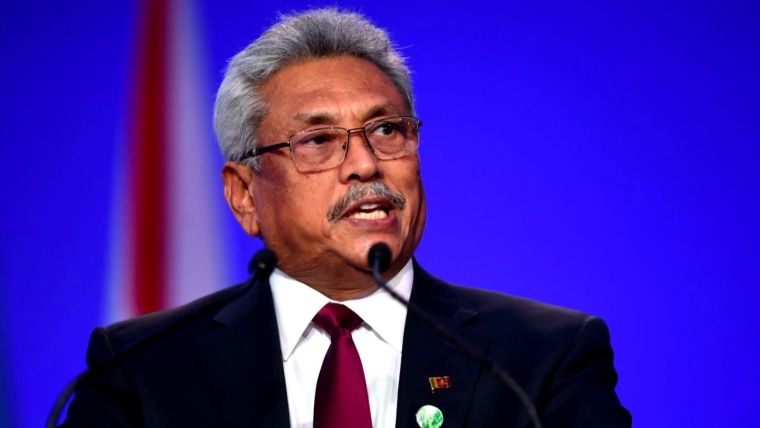
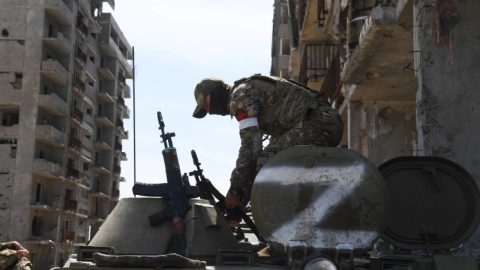
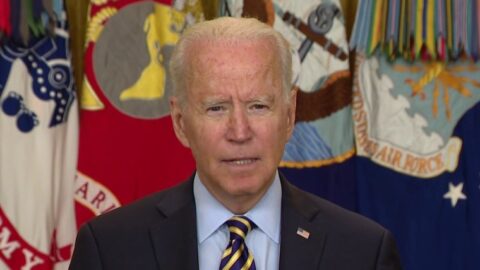
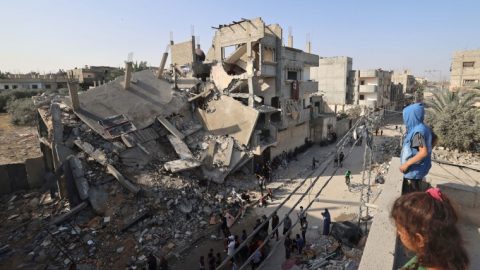
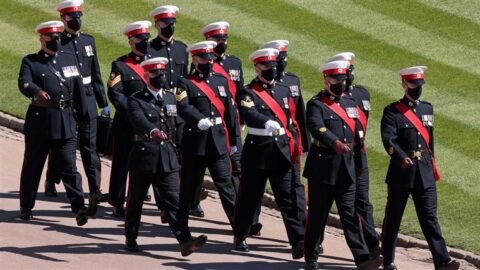
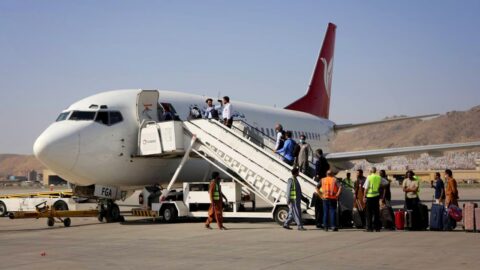
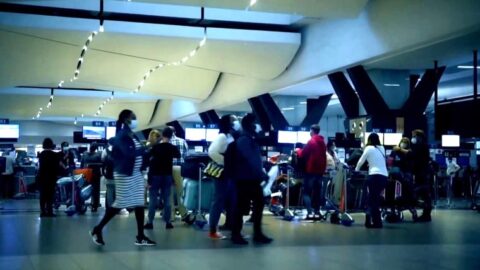
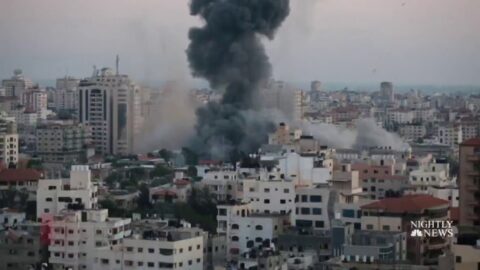
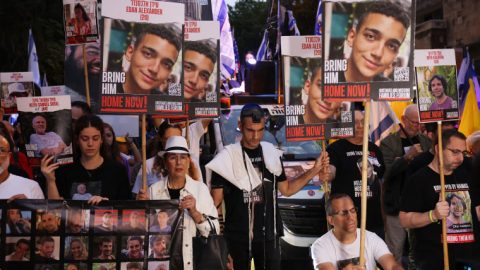
Recent Comments